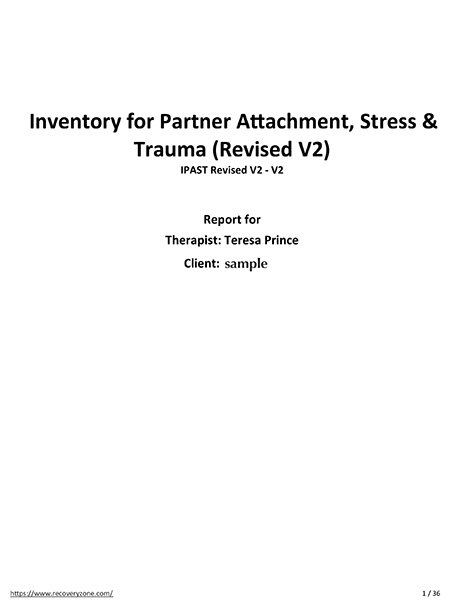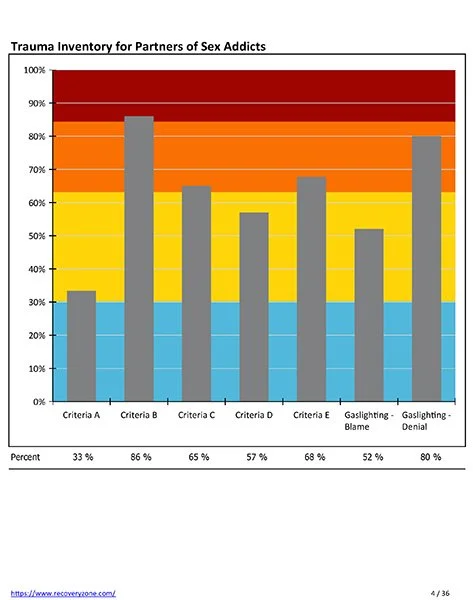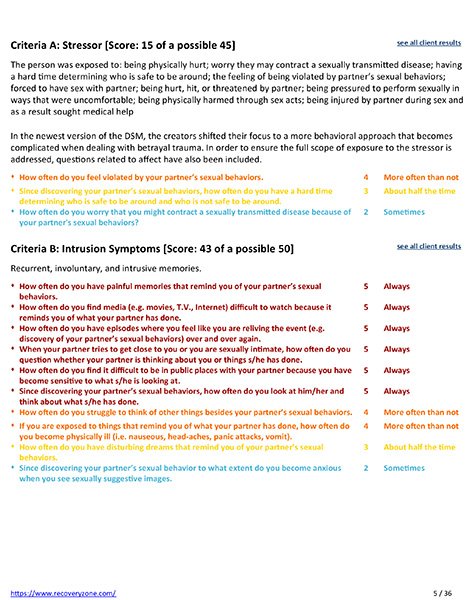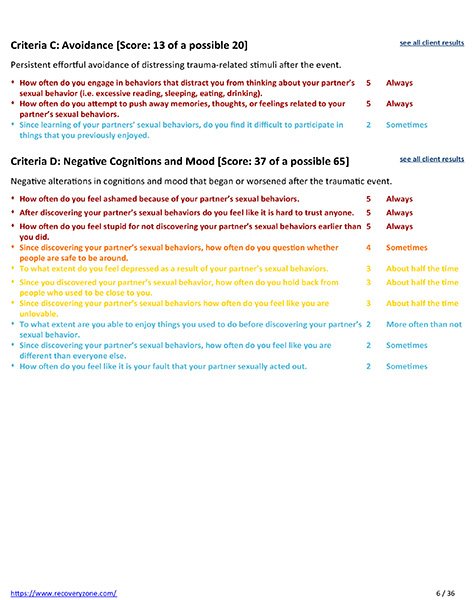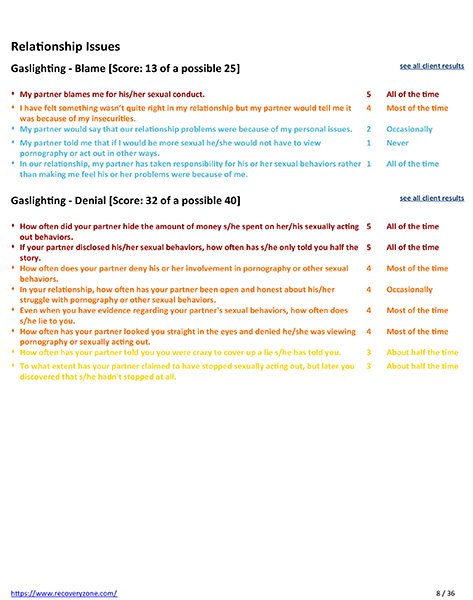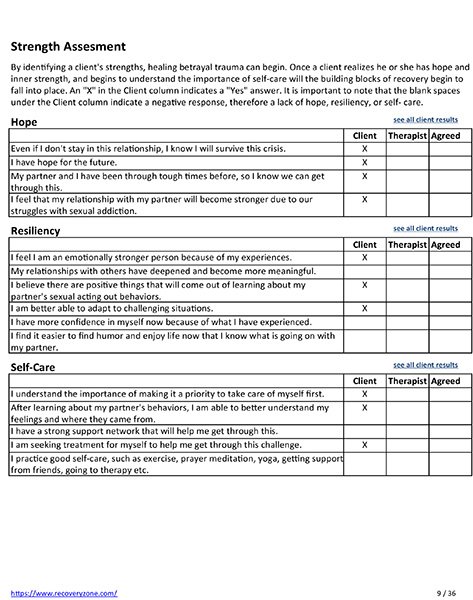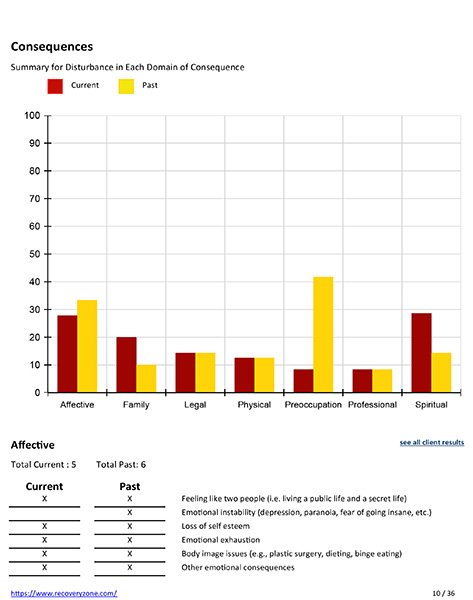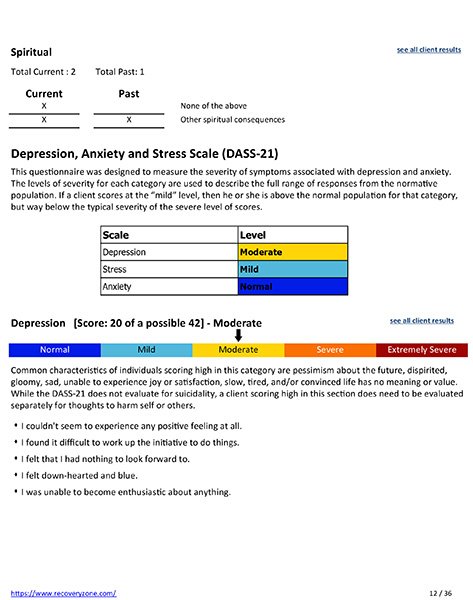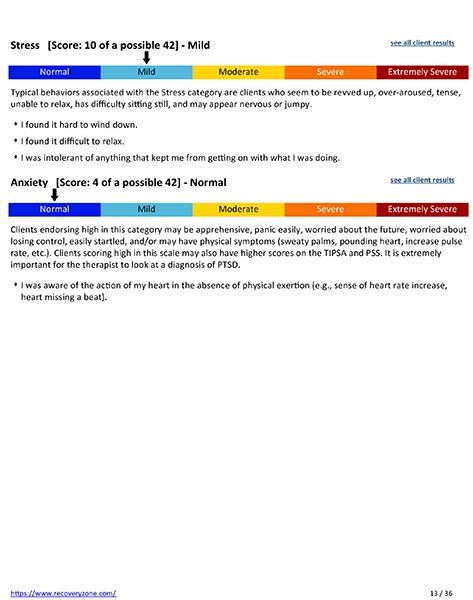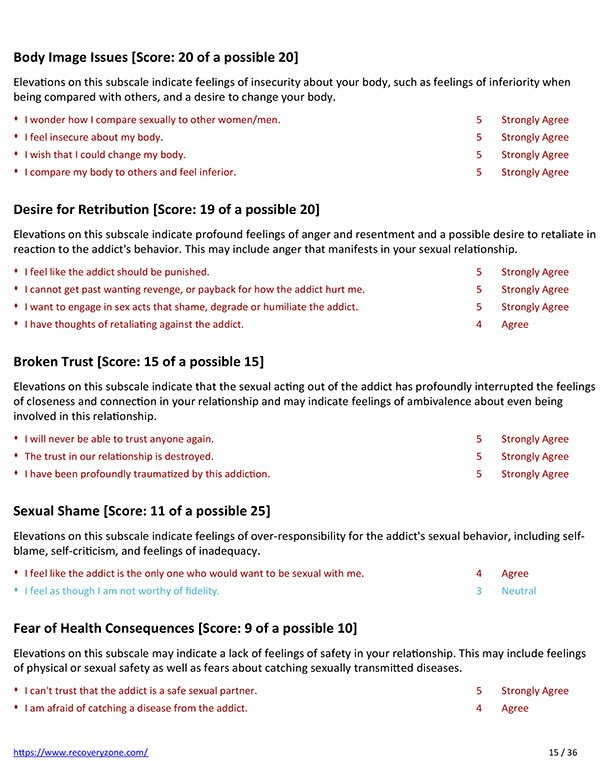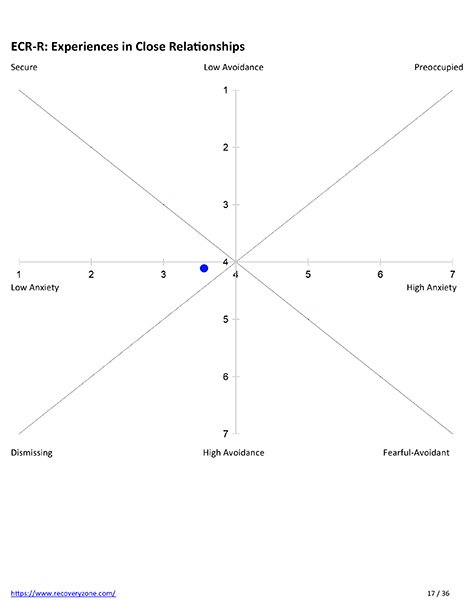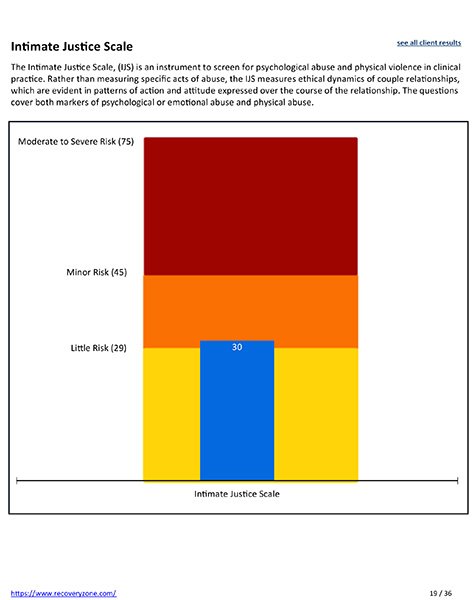Partner Assessment: iPAST
Betrayal is a disorienting experience.
You may have felt that something was a little off, but you did not imagine the secrets you now know being part of your story.
The day of confession or discovery is often referred to as D-Day and one that will be marked and remembered in your conscious and unconscious mind for years to come.
With betrayal comes a host of changes. Some are visible, and others are lost in the internal confusion of navigating this new world.
Betrayed partners often vacillate between the love they have for their spouse and the hopes they have had and still have for a future, and the devastation of this news and the thoughts that love and a future together must be impossible.
We have specialty training as Certified Clinical Partner Specialists (CCPS), Certified Partner Trauma Therapists (CPTT), and/or Certified Sex Addiction Therapists (CSAT) (which includes training for the betrayer and the partner).
We recognize the impact of betrayal as trauma and have assessments available through our specialized training with the International Institute for Trauma & Addiction Professional (IITAP) to sort through the many components of infidelity and its impact on your marriage.
What can we learn from the Inventory for Partner Attachment, Stress, & Trauma (Revised V2)?
Following are brief samples of possible endorsed items on this assessment.
Post-Traumatic Stress Disorder Criteria
Seven of the required eight criteria required to diagnose PTSD are included in this assessment:
Criteria A: Stressor (scored on a 45-point scale)
This category may include the following:
Being physically hurt
Worried they may contract a sexually transmitted disease
Hard time determining who is safe to be around
Feeling violated by partner’s sexual behaviors
Forced to have sex with partner
Being hurt, hit, or threatened
Being pressured to perform sexually in ways that were uncomfortable
Being physically harmed through sex acts
Criteria B: Intrusion Symptoms (scored on a 50-point scale)
Recurrent, involuntary, and intrusive memories, which may include a sample of the following:
Painful memories of your partner’s sexual behaviors
Have episodes where you feel like you are reliving the discovery
Question whether your partner is thinking about you or betrayal when close or sexually intimate
Sensitive to what your partner is looking at in public
Become physically ill thinking of what your partner has done
Have disturbing dreams that remind you of the acting out behaviors
Feel anxious about seeing sexually suggestive images since discovery
Criteria C: Avoidance (scored on a 20-point scale)
Persistent effortful avoidance of distressing trauma-related stimuli after the event, which may include a sample of the following:
Engage in behaviors to distract you from thinking about your partner’s sexual behavior (ie: excessive reading, sleeping, eating, drinking)
Attempt to push away memories, thoughts, or feeling related to your partner’s sexual behaviors
Find it difficult to participate in things that you previously enjoyed
Criteria D: Negative Cognitions and Mood (scored on a 65-point scale)
Negative alterations in cognitions and mood that began or worsened after the traumatic event, which may include a sample of the following:
Feel ashamed because of your partner’s sexual behaviors
Feel like it is hard to trust others since discovering your partner’s behaviors
Question whether or not people are safe to be around
Feel depressed as a result of your partner’s sexual behaviors
Since discovering your partner’s sexual behaviors, you feel like you are unlovable
Feel different than everyone else now
Feel that it is your fault that your partner sexually acted out
Criteria E: Emotional Arousal and Reactivity (scored on a 65-point scale)
Trauma-related alterations in arousal and reactivity that began or worsened after the traumatic event, which may include a sample of the following:
Feel anxious since discovering your partner’s sexual behavior
Try to read your partner’s emotions since discovering their sexual behaviors
Check up on what your partner is doing since discovery
Find yourself critical of your partner now
Struggle with sleep since discovering your partner’s sexual behavior
Harder to concentrate since discovery
Inflicted self-harm since discovery
Angry when talking with your partner since discovering their sexual behavior
Criteria F: Duration (scored on a 7-point scale)
Persistence of symptoms (in B,C,D, and E) for more than one month
Criteria G: Functional Significance (scored on a 5-point scale)
Significant symptom-related distress or functional impairment
Relationship Issues
Gaslighting is defined as manipulating someone by psychological means into questioning their own sanity.
Gaslighting-Blame (scored on a 25-point scale)
My partner blames me
I have felt something wasn’t quite right, but my partner would tell me it was my insecurities
My partner said our problems were because of my personal issues
Gaslighting-Denial (scored on a 40-point scale)
My partner hid money he/she spent on acting out
My partner only told me part of the story
My partner denied his/her involvement in pornography or other sexual behaviors
My partner looked at me and denied evidence I found
My partner said he/she stopped but actually had not
Strength Assessment
Recognizing sources of hope and inner strength are key to self-care and putting together a recovery plan for the partner to navigate the betrayal and consider his/her choices and begin recovery.
Hope
Resiliency
Self-Care
Consequences
There is assessment of consequences based on multiple domains:
Affective
Family
Legal
Physical
Preoccupation
Professional
Spiritual
What Are Your Next Steps for Healing From Betrayal
As a partner, there is hope and healing available for you and for your relationship if the two of you want that. We take a trauma-sensitive approach that provides a framework for safety and stabilization as you navigate this disorienting experience.
If you’re interested in learning more about the assessments we have to navigate your partner work, we would love to help you. Reach out to us today to schedule a consultation.


